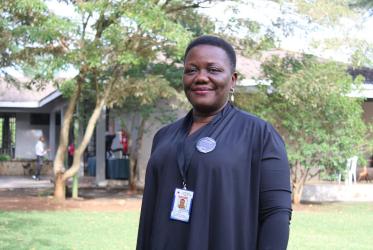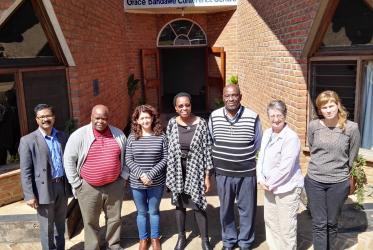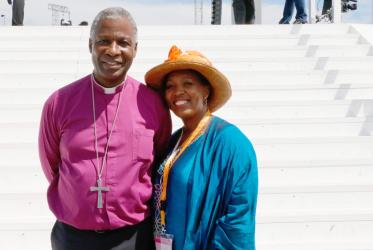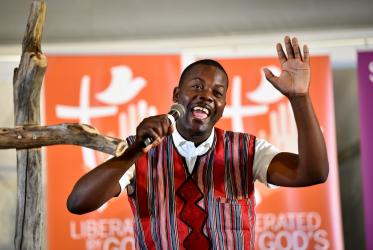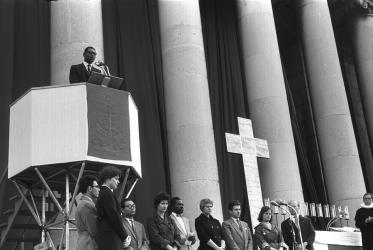Displaying 1 - 20 of 29
La Semana de oración por la unidad cristiana en imágenes
02 February 2021
In pictures: Week of Prayer for Christian Unity
01 February 2021
New student body at Bossey Ecumenical Institute “a source of joy”
14 September 2020
Young Africans are eager to grapple with challenges
09 January 2020
Churches in southern Africa stand against violence, xenophobia
10 October 2019
EKD delegation, other visitors grace WCC
26 October 2018
#WCC70: A night talk with Fidel Castro
06 September 2018
#WCC70: Fellowship of women and men – with ups and downs
17 August 2018
GEM School: integrating theology and economics
05 September 2017


